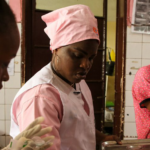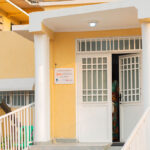
In the Democratic Republic of Congo, access to comprehensive abortion care remains a taboo topic, enshrined in restrictive legal frameworks and rigid social norms. Although some progress has been made, cultural and religious barriers still prevent women and girls from accessing the information and care they need.
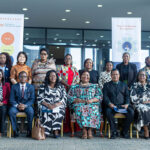
Ipas Malawi and partners hosted a national dialogue to address the systemic challenges limiting young girls’ autonomy and opportunities.
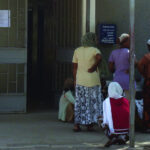
Ethiopia’s health system is in crisis, but health workers keep going. With support from Ipas, providers continue delivering essential abortion and contraceptive care—even as aid cuts, conflict, and climate crisis impacts threaten reproductive health services.
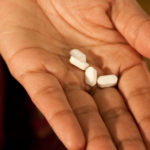
A study conducted by researchers from Ipas Development Foundation and partners, this study examines national survey data to understand the growing use of self-managed abortion (SMA) in India. The research confirms that SMA—using abortion pills outside of a clinic—has become much more common and is a safe and effective option, especially in early pregnancy.
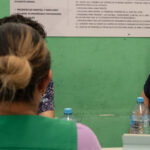
We’re inspired by our staff and partners around the world who persevere in the face of tremendous challenges. Here are seven changemakers to inspire us all.
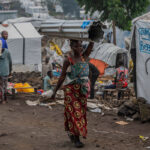
In January 2025, violent clashes broke out in Goma, the capital of the Democratic Republic of Congo (DRC) and North Kivu province, worsening a decades-long conflict and leaving a devastating trail of suffering and destruction.
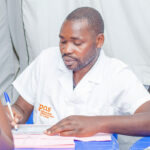
Early in his career, Ipas Democratic Republic of Congo (DRC) director Dr. Jean-Claude Mulunda, then a coordinator with a refugee agency, was confronted with the plight of women and girls who had suffered sexual violence fleeing Central African Republic for refuge in DRC.
Ipas’s 2024 research provides crucial evidence on abortion access, care quality, and stigma reduction. With 26 studies in 15 peer-reviewed journals across nine countries, these findings inform policy, improve health services, and advance SRHR worldwide.
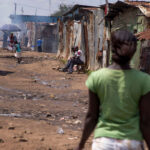
In Kinshasa, the Democratic Republic of Congo, young girls face barriers to their dreams due to unwanted pregnancies and gender-based violence. Limited access to sexual health information and contraception restricts their choices—yet some, like 17-year-old Marie, fight for a brighter future. Read her inspiring story of resilience.
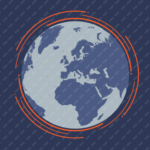



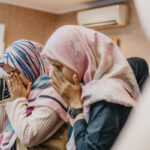
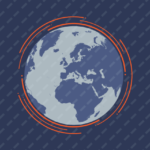
The Inter-American Court of Human Rights has ruled to recognize abortion as a human right in a case centered around Beatriz, a young woman in El Salvador whose pregnancy threatened her health and life.
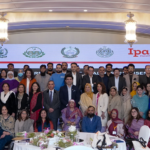
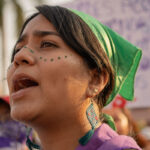
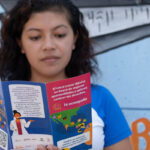
To meet the need for reproductive health care among migrants in Mexico, Ipas and partners created the first-ever Spanish-language chatbot especially for migrants.

